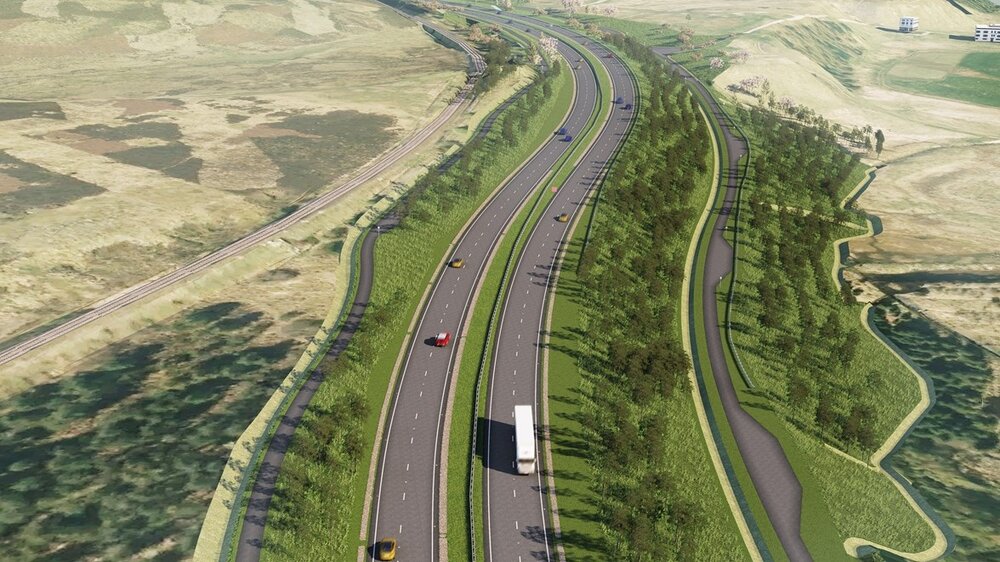
TRANSPORT Scotland has announced ‘major progress’ on plans to dual the A9 with the publication of Made Orders for the stretch of the route between Killiecrankie and Glen Garry.
With the publication of Made Orders for two more sections expected in the coming months, cabinet secretary for transport Fiona Hyslop emphasised the Scottish Government’s determination to complete the entire A9 Dualling programme between Perth and Inverness by the end of 2035.
The announcement follows recent progress across the corridor including the award of a ground investigation contract on the A9 Dualling South section and the beginning of preparatory works on the Tomatin to Moy section ahead of main construction works early next year.
Fiona Hyslop MSP said, “Following the go ahead for the scheme after the Public Local Inquiry, today’s announcement of the publication of the Made Orders for this section between Killiecrankie and Glen Garry, demonstrates this government’s unwavering commitment to progress our A9 Dualling delivery plan to complete dualling of the A9 between Perth and Inverness by the end of 2035.
“As we progressed the design work for the section of the route between Killiecrankie and Glen Garry, we were well aware of the sensitivities around the important, historic battlefield at Killecrankie. Transport Scotland engaged extensively with the local community and key stakeholders throughout the design and made a number of design refinements to reduce land take on the battlefield site following feedback from Historic Environment Scotland and the local community.
“As well as the forthcoming publication of Made Orders for both the Crubenmore to Kincraig and Dalraddy to Slochd sections of the A9, we have already met the first milestones laid out in our delivery plan with the shortlist of three bidders for the Tay Crossing to Ballinluig contract and award of the contract to Balfour Beatty for the Tomatin to Moy project.
“We are committed to delivering a safe, reliable, resilient and dualled A9 between Perth and Inverness in line with our published delivery plan, which anticipates dualling to be operational by the end of 2035. Whilst the magnitude and complexities of this work are considerable, there will be no let up on progressing the dualling programme which will bring many benefits to local communities, businesses, visitors and road users living, travelling and working along the corridor including reduced journey times, improved journey time reliability, improved road safety and opportunities for active travel.”








